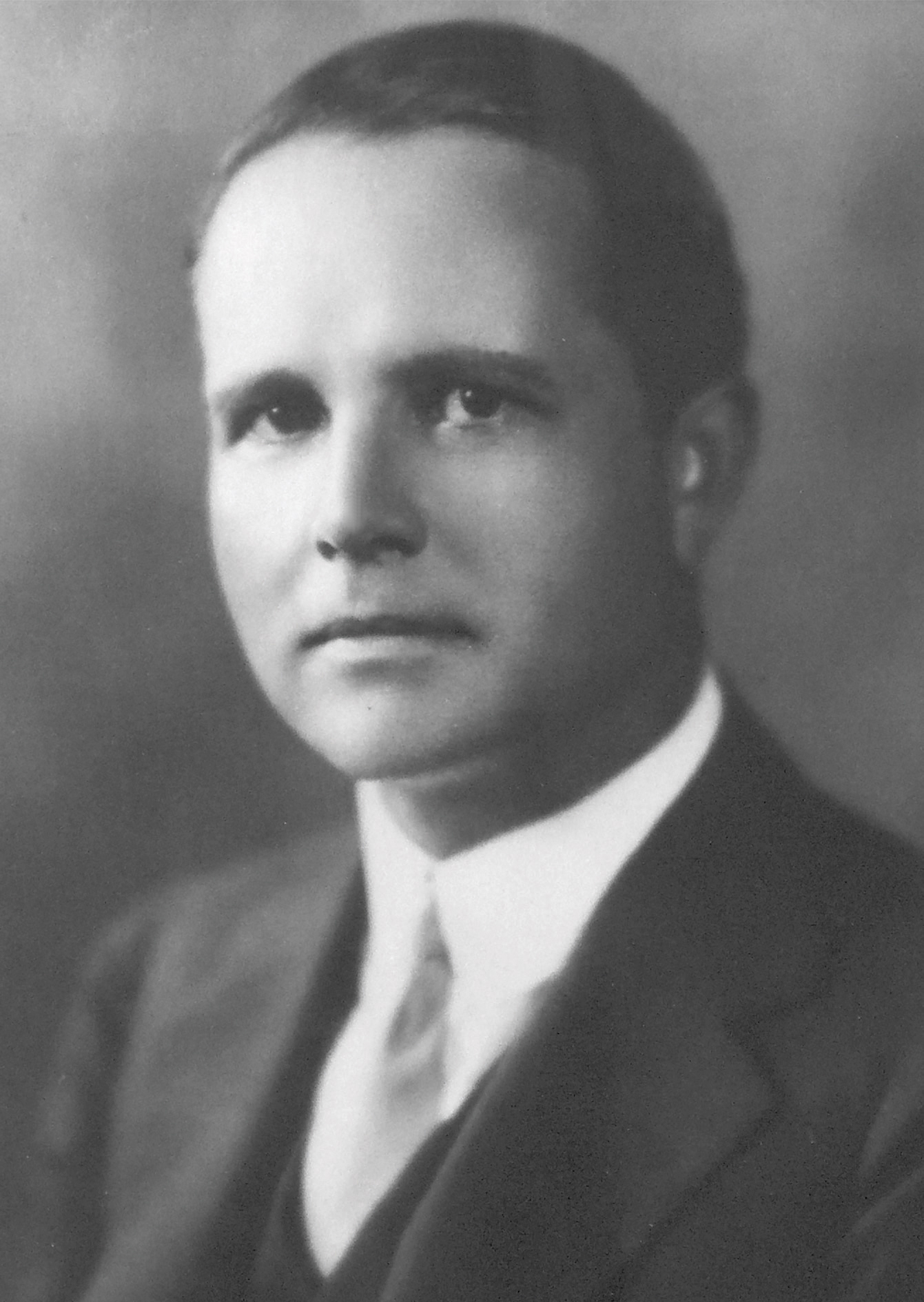Arthur Hazelton Carter
 Arthur Hazelton Carter (1884-1965) was managing partner of Haskins & Sells (H&S, now Deloitte) from 1930 to 1947 and a leader in the public accounting profession. Carter joined the firm after World War I at the urging of his father-in-law, Elijah Watt Sells. He was called “Colonel Carter” because of his rank in World War I. Carter served as president of the New York State Society of CPAs and the National Association of Cost Accountants. He was an American Institute of Accountants (now AICPA) vice president.
Arthur Hazelton Carter (1884-1965) was managing partner of Haskins & Sells (H&S, now Deloitte) from 1930 to 1947 and a leader in the public accounting profession. Carter joined the firm after World War I at the urging of his father-in-law, Elijah Watt Sells. He was called “Colonel Carter” because of his rank in World War I. Carter served as president of the New York State Society of CPAs and the National Association of Cost Accountants. He was an American Institute of Accountants (now AICPA) vice president.
During the 1940s, as a Major General, he served as Chief Financial Officer of the U. S. Army. Carter is best known in accounting circles for his promotion of mandatory corporate audits and his 1933 Congressional testimony. His testimony provided one of the better quotations in the history of the accounting profession when Carter was asked by Senator Alben Barkley (later vice president), “Who audits you?” Carter calmly responded, “Our conscience.” Carter’s leadership, as later documented in SEC Accounting Series Release #81, is widely considered to have represented the spirit of the audit franchise awarded to public accountants as reflected in the initial securities law, retaining the role of the private sector in the audit function. Carter was asked by the Secretary of War to return to the Army in 1941 to become the Army’s Chief Financial Officer, where he remained through the end of 1946, even though he was still listed as managing partner of H&S.
He professionalized the audits of federal auditors by allowing them to use statistical sampling and to conduct audits where the records were located, rather than having documents sent to Washington. Carter paid the bill for every expenditure made by the Army during the War. In 1946, Carter received the AICPA Gold Medal for Distinguished Service to the Profession for his “outstanding service to his country and the accounting profession.” Colonel Carter is best known for his contributions to the accounting profession in the 1930s, but Major General Carter should be equally well known for his contributions to his country in the 1940s. Even in death, Carter made a contribution to the profession. When his wife, the former Marjorie Sells, died, Carter’s estate provided funding to the American Accounting Association for the Arthur H. Carter Scholarships, which were awarded from the late 1970s through 2005. Born in 1884 in Hillsboro, Kansas, Carter died January 3, 1965.
Arthur Hazelton Carter is the One Hundred and Seventh member of The Accounting Hall of Fame.
 Arthur Hazelton Carter (1884-1965) was managing partner of Haskins & Sells (H&S, now Deloitte) from 1930 to 1947 and a leader in the public accounting profession. Carter joined the firm after World War I at the urging of his father-in-law, Elijah Watt Sells. He was called “Colonel Carter” because of his rank in World War I. Carter served as president of the New York State Society of CPAs and the National Association of Cost Accountants. He was an American Institute of Accountants (now AICPA) vice president.
Arthur Hazelton Carter (1884-1965) was managing partner of Haskins & Sells (H&S, now Deloitte) from 1930 to 1947 and a leader in the public accounting profession. Carter joined the firm after World War I at the urging of his father-in-law, Elijah Watt Sells. He was called “Colonel Carter” because of his rank in World War I. Carter served as president of the New York State Society of CPAs and the National Association of Cost Accountants. He was an American Institute of Accountants (now AICPA) vice president.